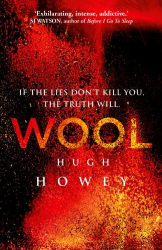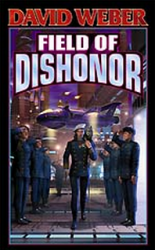hey scepticalscribe, I can say that it was a very good read and I enjoyed it. She's one of the most interesting (and influential) women of the 20th century, so that helps a lot of course, too. It tries to bring her into perspective / context and doesn't go into much detail on her writings in particular, there are brief introductions into the main ideas of i.e. Heidegger or Jaspers woven into the text, which are necessary to understand her development and individuation, I think. Not very deep and complex but a very good and easy read if one isn't acquainted with her or knows primarily her texts.
With your magical speed-reading techniques, I guess it's a day or two maximum for you. Hope you enjoy it as much as I did, if you are going to read it.







